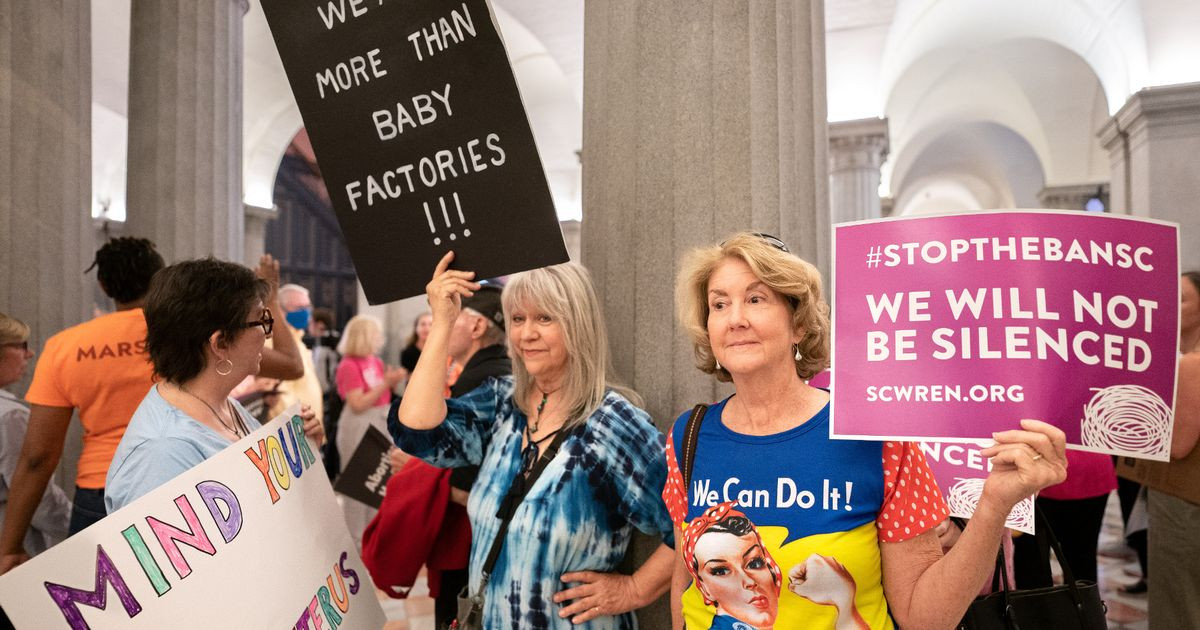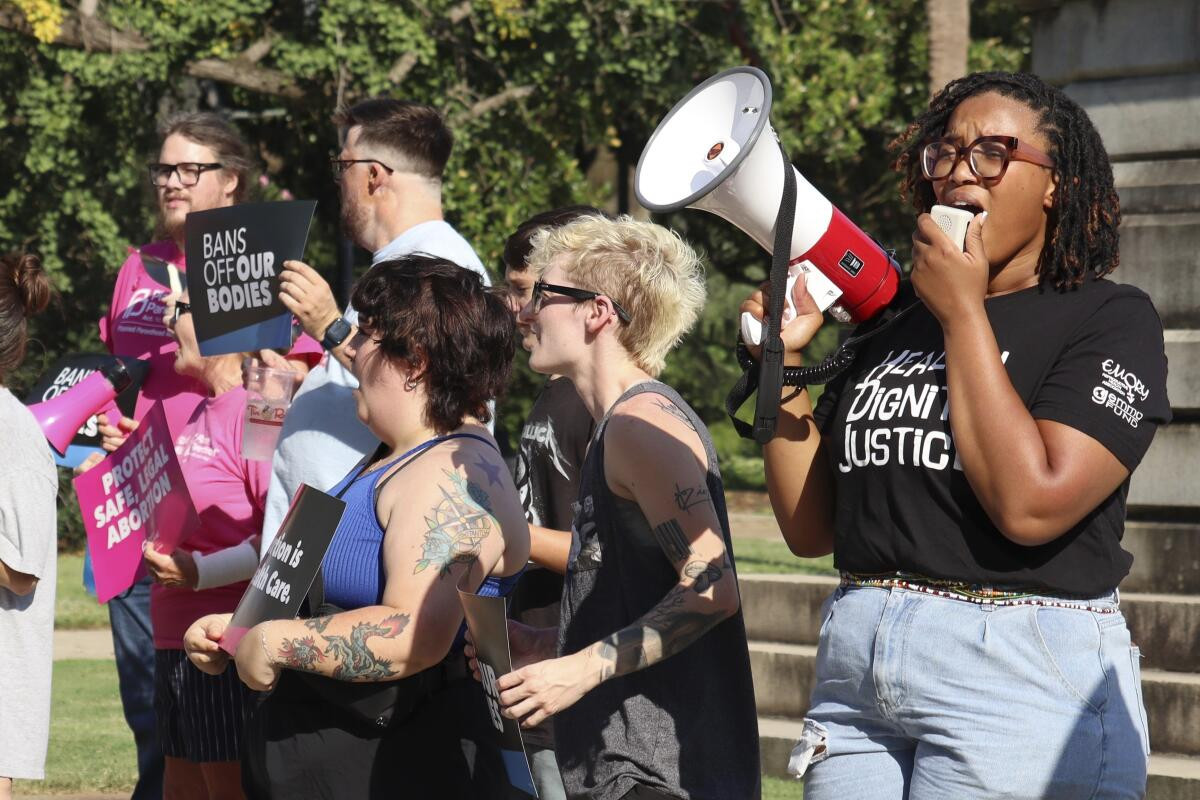A Controversial Proposal in South Australia: Inducing Labor Instead of Abortion After 28 Weeks
The South Australian Parliament is poised to face a contentious debate on the future of abortion laws in the state, as a proposed amendment seeks to restrict late-term abortions and induce labor after 27 weeks and six days of pregnancy. This proposal, spearheaded by Liberal MP Ben Hood, has ignited heated discussions and sparked protests, with proponents and opponents locked in a battle over the delicate balance between a pregnant person's right to choose and the rights of the unborn.
Balancing Choice with the Rights of the Child
Mr. Hood's proposed changes stem from his belief that the current abortion laws, which decriminalized abortion in 2021, have unintended consequences. He argues that the current legislation, which allows late-term abortions after 22 weeks and six days under certain medical circumstances, has resulted in the abortion of 45 babies after this time period over an 18-month span.
His proposed amendment aims to shift the focus towards inducing labor after 27 weeks and six days, advocating for the delivery of a baby alive, followed by the possibility of adoption if the mother chooses. Mr. Hood claims this amendment strives to "balance the choice of the mother with the rights of the child."
Opponents Raise Concerns About Coercion and Misogyny
The proposal has drawn strong opposition from groups like the SA Abortion Action Coalition, which argues that it violates women's rights and disregards the complex circumstances that lead women to seek late-term abortions. Brigid Coombe, a spokesperson for the coalition, criticizes the proposed amendments as "misogynistic" and a form of coercion, stating they "remove the basis of informed consent and they don't recognize at all the complexity of the circumstances that people are in when they need an abortion at those gestations."
Ms. Coombe highlights the potential for women to be pressured into carrying a pregnancy to term against their wishes, emphasizing the inherent right of a woman to choose what happens to her body. She also raises concerns about the potential for the bill to force women into situations that could be detrimental to their physical and mental health, particularly if they are facing serious complications during pregnancy.
Legal Experts Weigh In: Balancing Rights and Choices
Legal experts have also entered the debate, offering differing perspectives on the proposed changes. Professor Joanna Howe, a Law professor at the University of Adelaide, argues that the amendments do not infringe on women's rights, as they allow termination of pregnancy throughout all nine months. She emphasizes that the difference lies in the delivery method, with babies born after 28 weeks being delivered alive rather than stillborn.
Professor Howe contends that these babies would then receive the same care and treatment as any other premature baby born in South Australia, including the option for palliative care if necessary. She further argues that the proposed changes do not equate to a ban on abortion and that the right to choose remains intact, stating, "Unless the pro-choice mantra is 'my baby, my choice', I don't think you can mount a pro-choice argument against this bill."
A Complex and Emotional Issue
The debate surrounding late-term abortions and the proposed changes in South Australia is a complex one, touching upon fundamental issues of bodily autonomy, the rights of the unborn, and the emotional complexities associated with pregnancy and childbirth. The proposed amendments highlight the deep divisions within society on these issues, with strong arguments being made on both sides.
The South Australian Parliament is now tasked with navigating this challenging terrain, weighing the rights of pregnant individuals against the rights of the unborn, while striving to reach a resolution that respects individual choice and upholds the principles of a compassionate and just society.
The Future of Abortion in South Australia: A Complex Balancing Act
The outcome of this debate in South Australia will be closely watched across the nation, as it reflects a broader conversation taking place around reproductive rights, healthcare, and societal values. The proposed changes to abortion laws in the state offer a microcosm of the broader challenges and complexities facing societies worldwide as they grapple with the ever-evolving landscape of reproductive healthcare and the rights of individuals to make informed choices about their own bodies and futures.


















